
2014 was another great year for research at BU. Here are the fabulous highlights for your perusal, in no particular order:
 1. REF results – Preparing for the REF submission was an enormous part of life for many at BU for many years and it was a long thirteen months waiting for the results to be published. But they were definitely worth waiting for! 61% of our research was recognised as internationally excellent, with 18% rated world-leading. 62% of our research environment was rated as world-leading or internationally excellent, an increase of 32% since 2008 – this is the environment that BU has built and enhanced over the past five years and includes initiatives such as the Grants Academy, EUADs, Writing Academy, the Research Blog, Festival of Learning, Fusion Investment Fund, etc. The REF team were short-listed for one of the VC’s Staff Awards this year in the Collaborative Team category. Overall the results showed that BU rose between 6-12 positions in the UK league tables (THE Table of Excellence, Research Fortnight, WonkHE). You can read a summary and they key headlines of our success here: http://blogs.bournemouth.ac.uk/research/2014/12/18/the-ref-results-are-in-bus-research-recognised-as-world-leading/.
1. REF results – Preparing for the REF submission was an enormous part of life for many at BU for many years and it was a long thirteen months waiting for the results to be published. But they were definitely worth waiting for! 61% of our research was recognised as internationally excellent, with 18% rated world-leading. 62% of our research environment was rated as world-leading or internationally excellent, an increase of 32% since 2008 – this is the environment that BU has built and enhanced over the past five years and includes initiatives such as the Grants Academy, EUADs, Writing Academy, the Research Blog, Festival of Learning, Fusion Investment Fund, etc. The REF team were short-listed for one of the VC’s Staff Awards this year in the Collaborative Team category. Overall the results showed that BU rose between 6-12 positions in the UK league tables (THE Table of Excellence, Research Fortnight, WonkHE). You can read a summary and they key headlines of our success here: http://blogs.bournemouth.ac.uk/research/2014/12/18/the-ref-results-are-in-bus-research-recognised-as-world-leading/.
2. New look RKEO – The RKEO structure was reviewed in 2014 and we went live with a new one on 1st September. The process of the review and transition has been unsettling as well as exciting for many of us and I am pleased that the new structure is working so well and achieving so much already. Thank you for all of your patience and understanding throughout the change process. You can access a new structure chart and information about our new teams here: http://blogs.bournemouth.ac.uk/research/contact/. We are determined to make the new structure a success and have embarked on a service excellence project that engages with over 60 colleagues across BU to reflect on and change our procedures and service provision.
 3. Growth of RKE activity – Our annual RKE income at BU has continued to grow. In 2013-14 our income c. £6m, up 10% on the previous year. What’s particularly interesting is the change in where this income comes from: our funding from UK charities and UK government departments is decreasing and our income from ‘gold standard’ research funders, such as the research councils and EC, is increasing. For example, we received c. £1.13m income from the UK research councils in 2013-14 (an increase of 21% on the previous year and a whopping 122% increase since 2009-10). This indicates that the quality of our research proposals and ideas is maturing and our reputation growing. Our research council success rates for 2013-14 were impressive – BU’s overall success rate was 33% (12 bids submitted of which 4 were awarded) against a sector average of 30%. This is almost the highest success rate we have achieved, second only to 36% in 2007-08. We also submitted a record number of Marie Curie applications in 2014 – fingers crossed these will be awarded next year.
3. Growth of RKE activity – Our annual RKE income at BU has continued to grow. In 2013-14 our income c. £6m, up 10% on the previous year. What’s particularly interesting is the change in where this income comes from: our funding from UK charities and UK government departments is decreasing and our income from ‘gold standard’ research funders, such as the research councils and EC, is increasing. For example, we received c. £1.13m income from the UK research councils in 2013-14 (an increase of 21% on the previous year and a whopping 122% increase since 2009-10). This indicates that the quality of our research proposals and ideas is maturing and our reputation growing. Our research council success rates for 2013-14 were impressive – BU’s overall success rate was 33% (12 bids submitted of which 4 were awarded) against a sector average of 30%. This is almost the highest success rate we have achieved, second only to 36% in 2007-08. We also submitted a record number of Marie Curie applications in 2014 – fingers crossed these will be awarded next year.
 4. Significant grants/contracts awarded – There were a number of significant grants/contracts awarded to BU in 2014. These included:
4. Significant grants/contracts awarded – There were a number of significant grants/contracts awarded to BU in 2014. These included:
- Disaster management training contract with the Royal Office of Oman (Richard Gordon)
- Significant number and value of NHS contracts (Clive Andrewes)
- KTPs with Nautilus International Risk Consultants Ltd (Christos Gatzidis) and Chantacre Ltd (Andrew Main)
- Stroke research project in collaboration with Cornell University, funded by Qatar (Ahmed Khattab)
- BU hosted the 2014 Academy of Marketing Conference (Julie Robson)
- Wellbeing and tourism grant from the ESRC (Heather Hartwell)
- Communities in spaces of flow project from the AHRC (Janet Dickinson)
- ESRC Seminar Series funding (Jens Holscher)
- Two NIHR grants (Zoe Sheppard and Edwin van Teijlingen)
- Wellcome Trust grant (Anna Feigenbaum)
5. Launch of new ethics structure – BU launched a new process and governance structure for research ethics in February 2014. This applies to all staff and students at BU. Ethical approval for projects that are considered above minimal risk is now provided by two discipline-based Research Ethics Panels, chaired by Prof Holger Schutkowski (SciTech) and Sean Beer (ST). Further details on ethics are available here: http://blogs.bournemouth.ac.uk/research/researcher-toolbox/research-ethics/.
 6. Festival of Learning 2014 – The second Festival of Learning took place in June 2014 and was a resounding success, attracting over 4,000 visits to more than 150 free activities/events and receiving excellent feedback across the board from attendees. The Festival is a now established as a major event in the RKEO and BU calendar and is a huge team effort. The Festival was nominated for a Heist award (national education marketing awards) and won a bronze award in the Best Community/Business/CSR Campaign category which is excellent recognition from the sector. Next year the Festival will take place in July and Naomi and Harry are already mid-way through preparations. Read more about the Festival of Learning 2015 here: http://blogs.bournemouth.ac.uk/research/festival-of-learning-proposals/
6. Festival of Learning 2014 – The second Festival of Learning took place in June 2014 and was a resounding success, attracting over 4,000 visits to more than 150 free activities/events and receiving excellent feedback across the board from attendees. The Festival is a now established as a major event in the RKEO and BU calendar and is a huge team effort. The Festival was nominated for a Heist award (national education marketing awards) and won a bronze award in the Best Community/Business/CSR Campaign category which is excellent recognition from the sector. Next year the Festival will take place in July and Naomi and Harry are already mid-way through preparations. Read more about the Festival of Learning 2015 here: http://blogs.bournemouth.ac.uk/research/festival-of-learning-proposals/
7. Launch of sparkly new initiatives – We launched a number of amazing new initiatives this year, including: the KTP Academic Development Scheme, fast track, research lifecycle on the blog, Grants Academy external mentoring pilot, regular RKEO coffee mornings, Writing Academy, Open Access week, student engagement with research, undergraduate research assistantships. We also published a new Bournemouth Research Chronicle and are now preparing the next edition. We are currently reviewing the BRAD programme to make it much slicker and more useful to academics and we have increased the proportion of open access full-text in BURO to 17%.

Image sourced from The Academy of Medical Sciences
8. Recording of research outcomes and impact – Researchfish, the system for researchers to record the outcomes from their grants, was launched in 2014. This system is used by the UK research councils who required all RCUK funded researchers to enter all of their data by November 2014. BU’s compliance rate with this was 100%, compared to the sector average of 85%.
9. RKEO’s external engagement – RKEO have continued to engage externally to raise the profile of RKEO and BU, to further professionalise research management and to gain credibility and kudos within the sector. One of the main highlights of 2014 was Shelly Anne Stringer’s organisation a sector-wide open access event held at BU in May that attracted external delegates from around the country and featured high calibre keynote speakers, including HEFCE. RKEO staff have also presented at a number of key conferences this year: Jo Garrad, Jenny Roddis and Emily Cieciura at the Vitae conference in September, Naomi Kay, Harry Gibson and Barry Squires at the Engage conference in November, and Corrina Lailla Osborne and Julie Northam at the ARMA conference in June. Jenny Roddis and Julie Northam have taken on additional external roles as Qualification Assessors for ARMA this year – Jenny for the Certificate in Research Administration and Julie for the Certificate in Research Management. Julie was also appointed by Vitae as a peer reviewer for the EC HR Excellence in Research award.
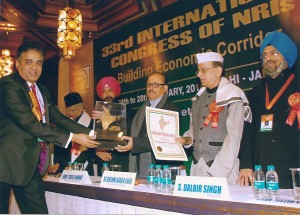 10. Venky Dubey and Neil Vaughan (SciTech) – Venky Dubey and Neil Vaughan had an exceptional year in 2014. Their epidural simulator project (in collaboration with Poole Hospital) was short-listed for a THE Award (Outstanding ICT Initiative of the Year). Neil won the much coveted EPSRC ICT Pioneers ‘Transforming Society’ award, and Venky was awarded the Hind Rattan Award from the NRI Welfare Society of India in recognition of outstanding services, achievements and contributions to the chosen field. Translated as “Jewel of India”, the award is one of the highest granted annually to a non-resident Indian and is considered to be equivalent to an OBE.
10. Venky Dubey and Neil Vaughan (SciTech) – Venky Dubey and Neil Vaughan had an exceptional year in 2014. Their epidural simulator project (in collaboration with Poole Hospital) was short-listed for a THE Award (Outstanding ICT Initiative of the Year). Neil won the much coveted EPSRC ICT Pioneers ‘Transforming Society’ award, and Venky was awarded the Hind Rattan Award from the NRI Welfare Society of India in recognition of outstanding services, achievements and contributions to the chosen field. Translated as “Jewel of India”, the award is one of the highest granted annually to a non-resident Indian and is considered to be equivalent to an OBE.
Roll on 2015!
 Yesterday Jo added a post to the Blog about the national Research Councils’ success rates in 2014-15. This post is a follow-on from that one and provides the data at BU-level. The coverage is decisions made between April 2014 to March 2015.
Yesterday Jo added a post to the Blog about the national Research Councils’ success rates in 2014-15. This post is a follow-on from that one and provides the data at BU-level. The coverage is decisions made between April 2014 to March 2015.
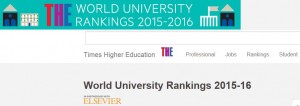

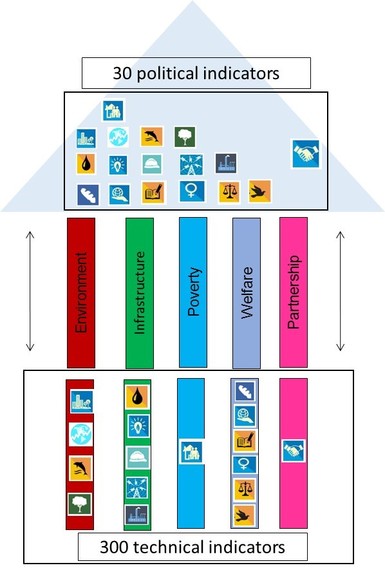
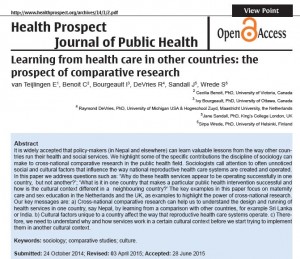


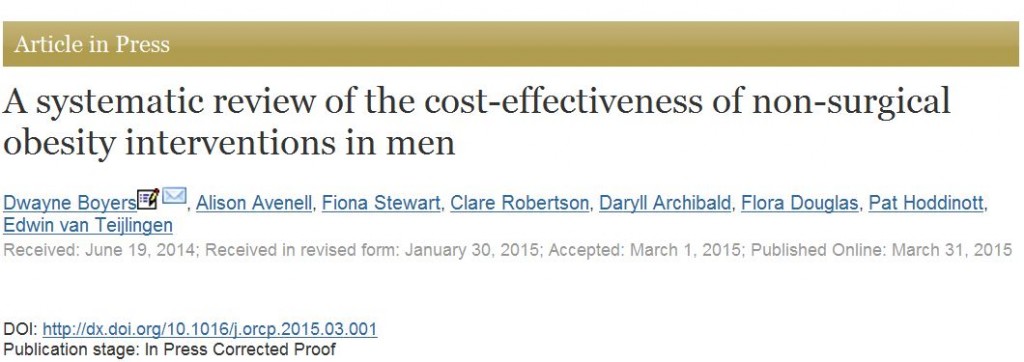
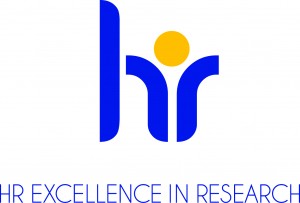
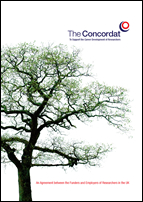
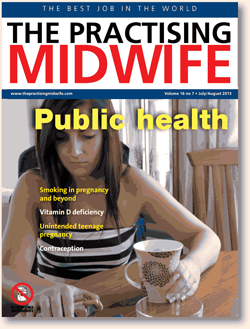
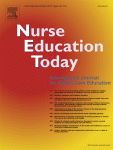
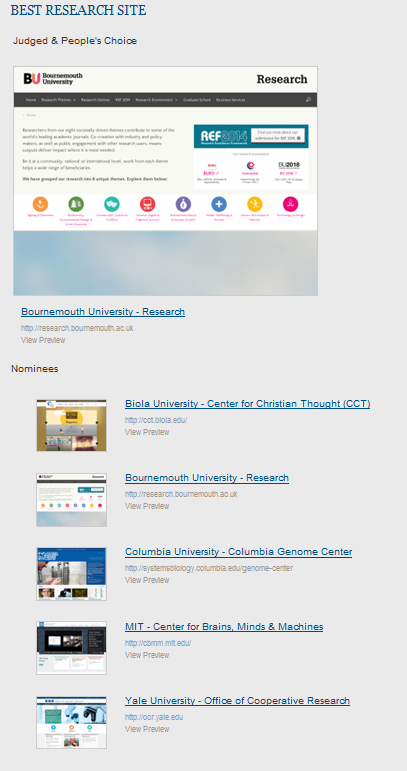
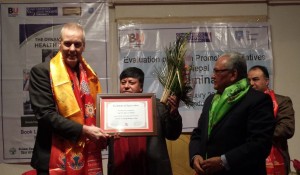

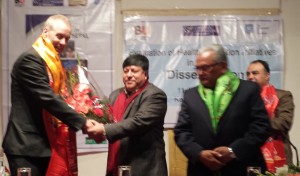







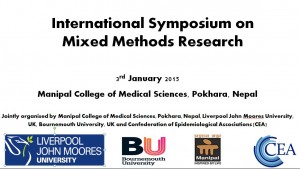
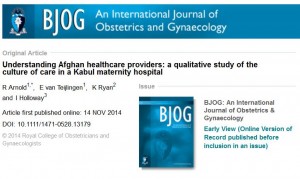
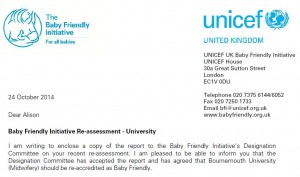











 Conversation article: London Marathon – how visually impaired people run
Conversation article: London Marathon – how visually impaired people run ESRC Festival of Social Science 2024 Open Call – Deadline for Applications Thursday 16 May
ESRC Festival of Social Science 2024 Open Call – Deadline for Applications Thursday 16 May Horizon Europe News – December 2023
Horizon Europe News – December 2023